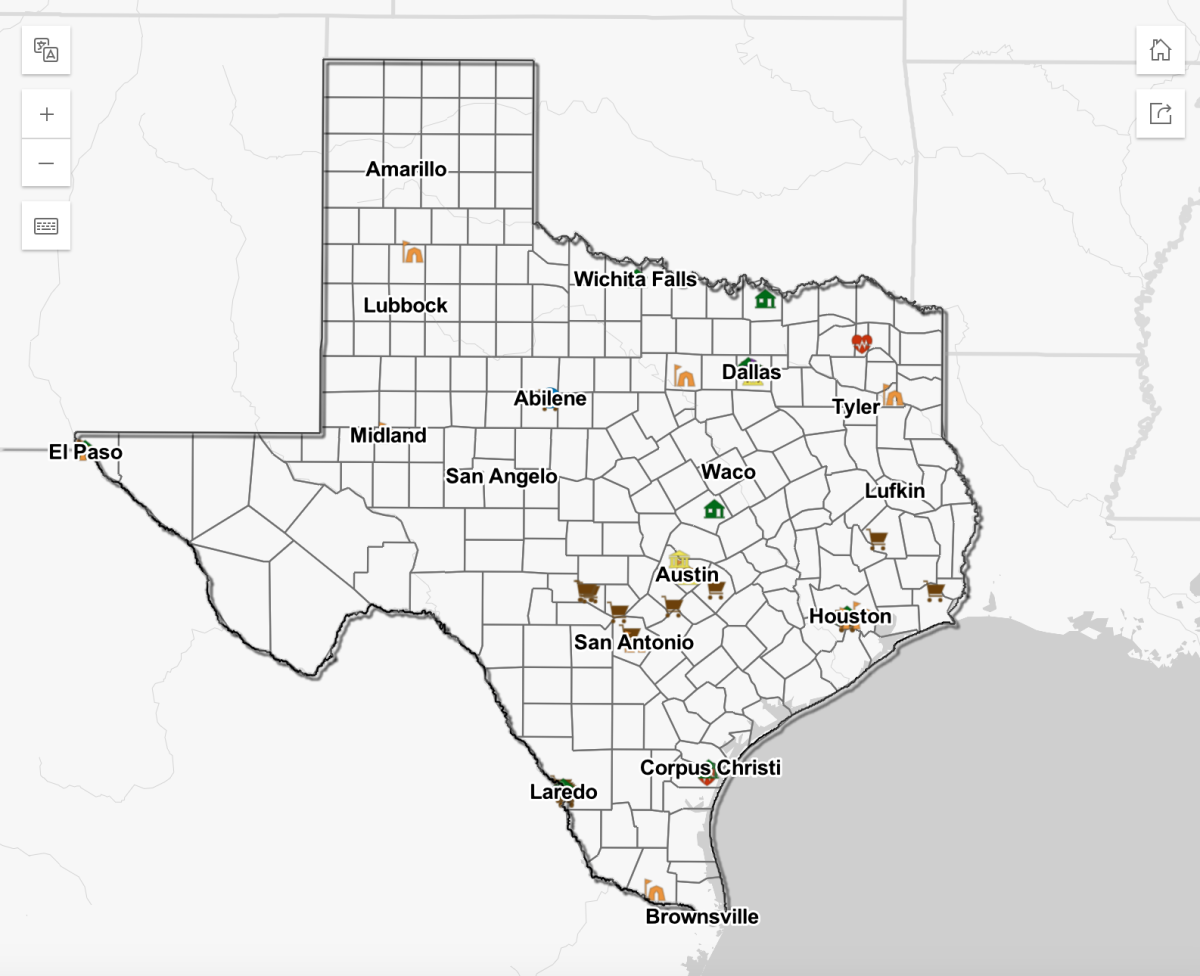Texas Lt. Gov. Dan Patrick has proposed removing access to set-aside tuition grants for students at public Texas universities on the basis that the money comes from a “hidden tax” on parents and students.
These grants are given to students at UT Austin and other Texas public universities who express a need for financial assistance.
They are funded through what’s called the Texas Public Educational Grant. The TPEG awards money to students who demonstrate financial need, are Texas residents, non-residents or foreign students and have registered for Selective Service, meaning they could be conscripted into the military.
“In Texas, up to 15-20 percent of their tuition, [is] to fund other students,” Patrick said in an email. “Most students and their parents aren’t even aware that up to one-fifth of their tuition is going to fund other students. What is even more troubling, is that many students and their parents are going into debt to pay for their tuition. This is nothing more than a hidden tax to fund other students.”
This conversation about whether diverting a percentage of tuition money to tuition grants is a “hidden tax,” as Patrick calls it, has been an ongoing one. Following former Governor Rick Perry’s 2011 State of the State address, Patrick was reported saying the “secret” tax needed to be removed in a Senate Finance Committee hearing by the Texas Tribune.
According to the Dallas Morning News study, an average of $4,725 in aid would be taken from lower-income students in order to save higher-income students an average of approximately $722 per year.
However, doing away with these grants would save parents and students less than the 20 percent promised by Patrick, while keeping money from students who might otherwise not have access to a college education.
Even for students like journalism junior Angela Bonilla, who has parents helping her pay tuition, not having her tuition grants could mean leaving the University.
“UT is my dream school, and I wouldn’t want to leave because I can’t afford another loan to take out,” Bonilla said. “I’m grateful to have my parents helping me pay for college, but I don’t want them to have the burden of paying for college while also trying to save college money for my brother as well as paying a mortgage.”
For economics junior Luke Ingram, the set-aside grants helped him pay tuition when his father was diagnosed with cancer at a time when both he and his twin sister were in college.
“I don’t understand how they would just be able to take it away like that,” Ingram told the Dallas Morning News.
According to an overview published by the Texas Higher Education Board in 2012, over 107,000 students in Texas benefit from set-aside grants. Over 29,000 of those students belong to residences or families that make less than $10,000 a year.
Patrick says that the legislature should foot the bill for Texas grants, not the parents and students paying tuition.
“I have been very clear from the beginning that Texas grants should be funded by the legislature,” Patrick wrote in an email. “We should not be taxing every student who attends an institution of higher education in Texas.”
Should Patrick’s proposal become law, it is not immediately clear how the Texas legislature will come up with the money to make up for approximately $150 million the TPEG awards to students, considering the state has already decreased funding for public universities.





















